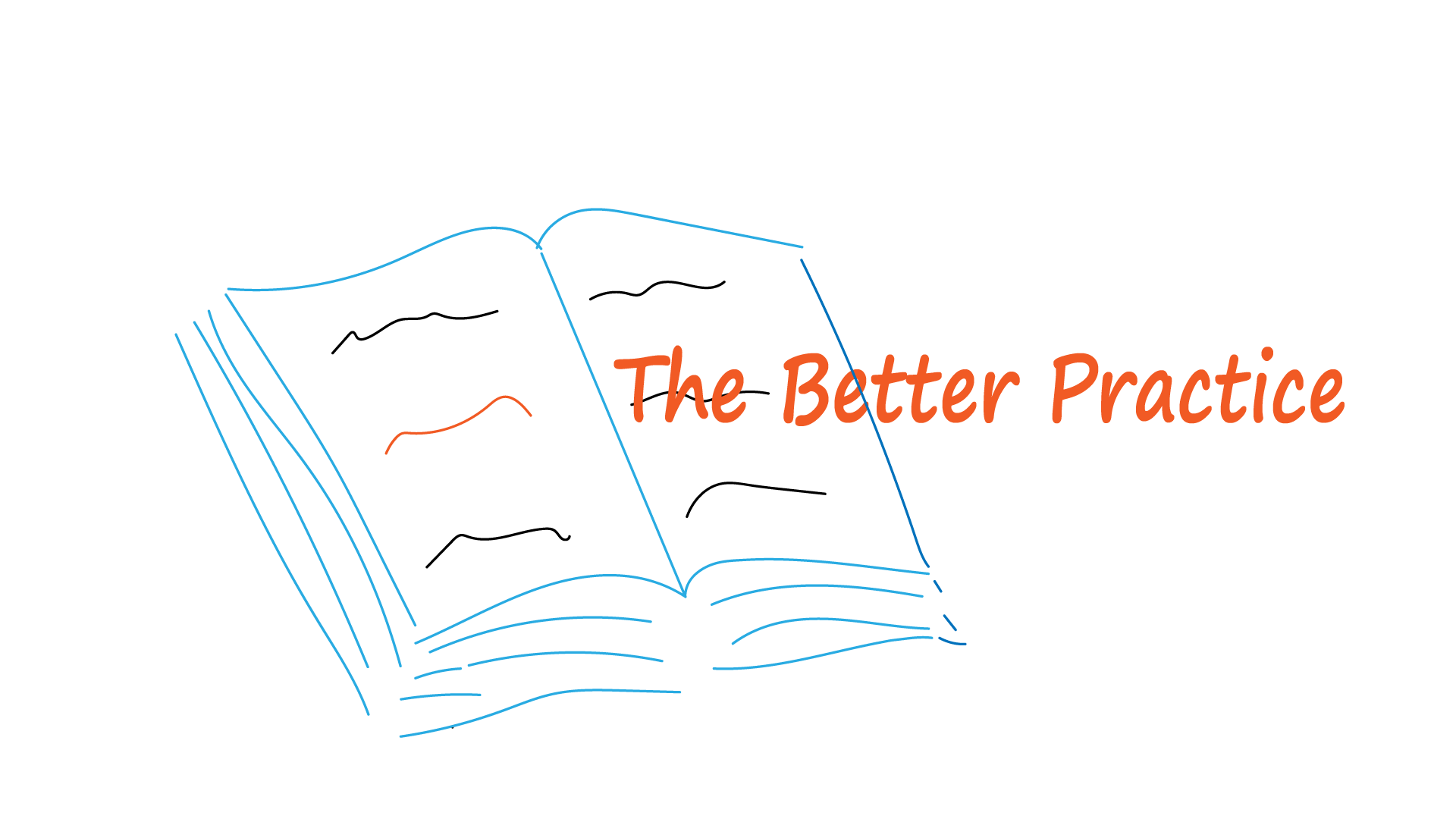Client School — Lesson #2

I love watching documentaries. Especially late at night when for some reason, I haven’t fallen asleep by 10pm (no judgment). Documentaries regarding criminal scandals are of particular interest to me as I often see and hear commentaries from attorneys as a part of the narrative of the story. Recently, I was watching just such a documentary. In it, one of the protagonists of the story detailed the reason why they chose to hire a particular attorney to help them with their very serious criminal matter. I was totally riveted by their recitation. This young person’s parents had secured an attorney for them who was experienced and had been referred to them by a trusted source. But, feeling that they should be in charge of their own defense, they declined to work with the attorney whom their parents chose and opted to choose another one. The qualifications they sought were absolutely astounding. These are the attributes which drew this young person to their fated attorney:
- Strong jaw line
- Fancy Tailored Suit
- Polished Style
- Camera Ready
- Expensive
These were the attributes that mattered to this young person in choosing an attorney who was to be their advocate up against criminal felony charges lodged against them by the State. Needless to say, these attributes did nothing to help this young person in their defense and they ended up firing this attorney after the attorney gave them horrible advice, which they dutifully followed.
Watching this scenario got me thinking again about something I wish I could teach clients prior them stepping through our doors. Price, looks, and how much an attorney charges a client are not always reliable indicators on how well this attorney is suited to representing one’s interests properly. This premise is one that clients oftentimes get perilously wrong. Ask any public defender. Often, clients erroneously feel that if they manage to procure an attorney through legal aid or a public defender’s office, inevitably that attorney isn’t nearly as good as “ a paid lawyer”. When I was a prosecutor, I all too often would see a person I was prosecuting give up their awesome and ridiculously astute and experienced public defender for a…how can I say this delicately….a buffoon of a private attorney who I was often surprised still had their license. AND, I knew the client had mortgaged their life (not to mention their grandmama’s house) to the hilt in order to get that “fancy paid” lawyer who in the end, often would fuck their shit up beyond repair.
But where does that leave us attorneys who got into private practice to, in part, help those regular working-class people that need an attorney afford one? Where does it leave us attorneys that do wish to do pro-bono work, but in doing so acquire those clients that think since you are not charging for your services, you don’t rate return phone calls, responsiveness or respect? Clients need a lesson on this one. Class is back in session.
Lesson #2 — Don’t Sleep On the Value
Clients, we understand that the legal world is totally alien to you. Most of you only have television to look to in order to show you how attorneys are and should be; and television is not a good model of those of us who practice law. So here is a good lesson for you. The measure of a good attorney is not always readily apparent. Going by stereotypical monikers of “success” can be a huge mistake for assessing the attorney in front of you. One of those monikers is the price for legal services.
You may encounter attorneys who choose to do some of their work for free or at a greatly reduced rate. Some of us attorneys truly want quality legal services available to everyone who needs them regardless of income. So, we sign up to take court appointed cases or get put on pro bono lists at local social service organizations. Many of us came up through the years being taught that we have a duty to our license to give back by offering our services to a part of the population that cannot afford them. Clients often make assumptions about those attorneys that choose to donate their time one way or another. Clients who utilize these attorneys out of necessity foolishly take these attorneys for granted. Resist the urge to assume that if you are not fighting to scrimp and save to pay your lawyer, then you are getting subpar legal representation. Making this assumption leads to clients not respecting that lawyer’s time and effort in furtherance of the representation. It also causes clients to make decisions on representation that end up hurting them in the end.
Take your attorney as they are. Look at the work they are actually doing for you and don’t automatically discount what work they are doing because you haven’t paid money for it. On the other hand, don’t automatically inflate the work they are doing because you are paying a lot of money for it either. Pay attention. Just because an attorney is assigned counsel or working pro bono doesn’t mean that they cannot deliver quality legal services. And, just because an attorney is being paid a lot of money for services doesn’t mean that that automatically translates to superior legal services. Clients need to understand and appreciate the value that a good attorney brings to them regardless of monetary exchange.
All too often, I wish clients would have already learned this lesson prior to walking through my office door. There is this foolish perception amongst many people that if you are paying a lot for something, you are automatically getting a lot for something and vice versa. But that is not always the case. This subject is important to me because when I made the switch to private practice, I wanted to be able to help certain communities and clients who ordinarily could not afford an attorney’s help. However, I found that when I did work on a pro bono basis, the client would automatically devalue my work and think that what I was doing for them was somehow subpar, even when I fully addressed their legal issue. Too many attorneys have admonished me that if a client doesn’t have “skin in the game” then they have no incentive to aid in their own representation. So, this is a lesson that I think clients need to learn, because there are a lot of people that cannot afford an attorney that do need one for free, but not at the cost of sabotaging their own representation. Until next time, class dismissed.

